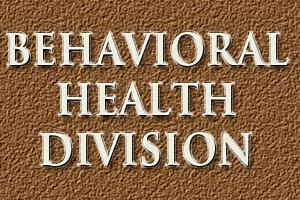 I was thinking about the many different states where I’ve worked on various projects related to addiction treatment, in both the public and private sectors. Some things I’ve learned along the way…
I was thinking about the many different states where I’ve worked on various projects related to addiction treatment, in both the public and private sectors. Some things I’ve learned along the way…
Integrating State mental health and addiction services doesn’t always serve the best interest of the substance abuse side.
I’m referring here to the practical realities of allocating funds for treatment. In some states, addiction programs seem to have become a second-level priority, in part because decisions are being made by people from the mental health side. That may be because so many mental health professionals were trained to think of substance use as a response to “underlying” emotional problems, rather than as a fully equal codisorder. It’s an attitude that easily carries over to funding, and it’s not so unlike that of medical practitioners who continually fail to recognize addictions in their patients because to them it’s somehow less important than “real” medical diseases.
The healthcare establishment may not be any better at addressing substance problems than law enforcement.
Sad but true. In some communities where I’ve worked, hardly anybody enters treatment without pressure from the criminal justice system. We like to talk about motivational strategies for engagement and retention, but those have always worked better in theory than in practice. Untreated addictions have public health consequences: HIV transmission, DWI crashes are just two examples of the damage that is done by somebody who isn’t willing to seek help on their own. And let’s face it, in some communities, where resources are few, the only way to access residential services is by getting arrested and sent by the Court.
There’s evidence that programs that combine legal leverage with treatment resources are a very effective path to improved outcomes. Wouldn’t want to see that combination disappear.
Relapse isn’t the same as failure.
Fact is, many persons once considered to be ‘failures’ for treatment are now pillars of the recovery community. That simple truth eludes many well-meaning legislators. It allows them to profess their commitment to helping families and ending drug problems while at the same time voting to underfund or de-fund good programs, on the grounds that treatment doesn’t work. Contrary to the evidence from research, that is.
Perhaps by making our expectations of the recovery process more realistic– setting the bar at a more achievable height– we can achieve better long-term results. To everybody’s benefit.










